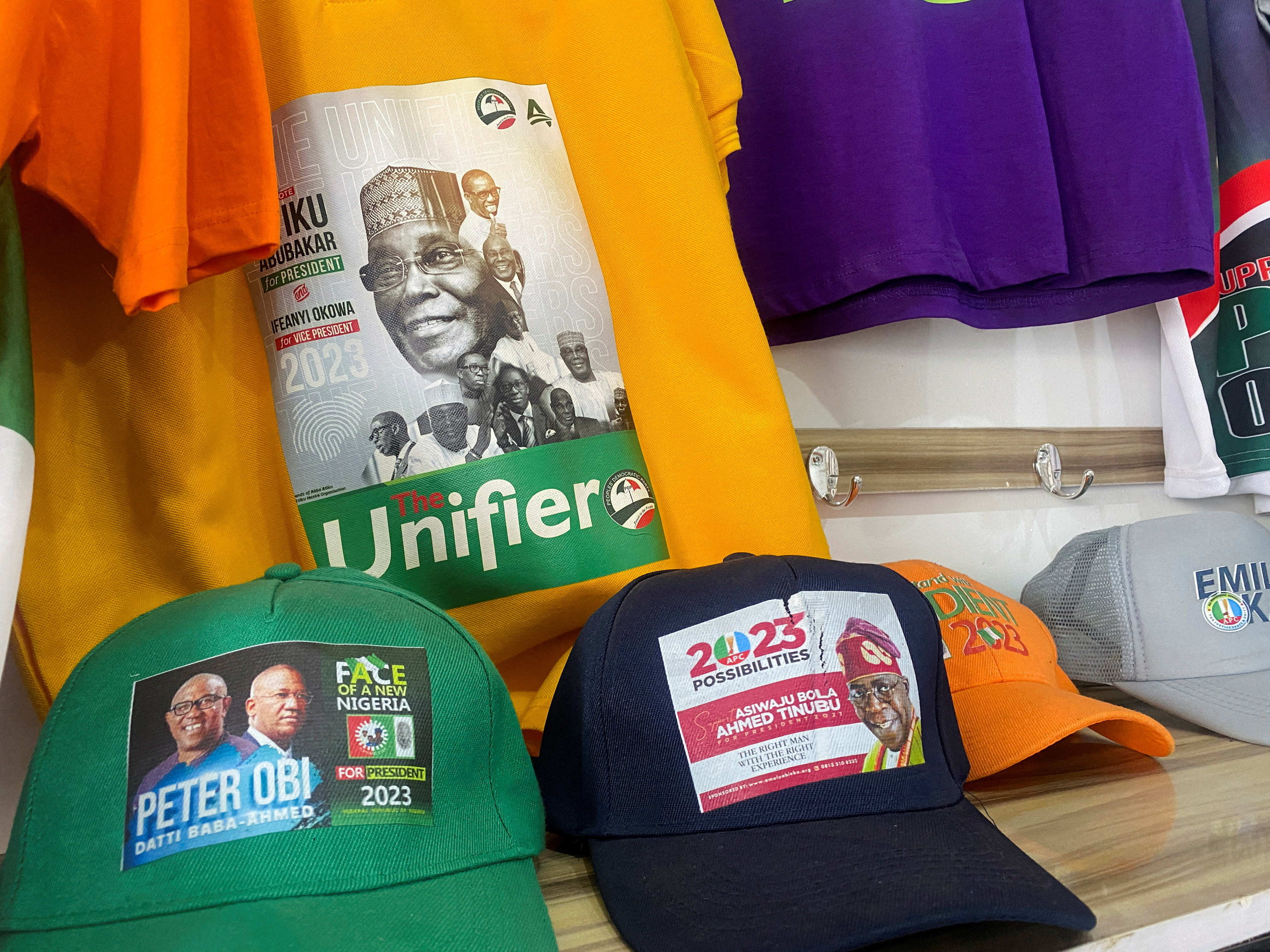Election disputes will delay policies to address Nigeria's pressing credit challenges

On 1 March, Nigeria's (Caa1 stable) electoral commission declared Bola Tinubu of the ruling All Progressives Congress (ACP) party the winner of presidential elections held on 25-26 February. President-elect Tinubu won 37% of the popular vote, while opponents Atiku Abubakar won 29% of the popular vote and Peter Obi won 25%. The losing candidates have contested the results amid media reports of technical problems, electoral fraud and voter intimidation.
Legal challenges to the election outcome are credit negative because they may delay the formation of a functioning government that can address Nigeria's pressing credit challenges and could lead to social unrest.
Had the election been undisputed, the earliest that Tinubu would have been sworn into office and formed a government would have been the end of May. But that timeline may now be significantly stretched. In the meantime, we project the fiscal deficit will continue to widen to 6.8% of GDP this year from 6% in 2022 - and well above the government's 4.8% forecast - in particular because policymakers are unlikely to execute a plan to unwind the oil
subsidy by June.
Additionally, government borrowing costs are likely to climb, while very low tax revenue from non-oil sectors limits Nigeria's budget flexibility: non-oil tax revenue accounts for only 4% of GDP. Security issues, a shortage of foreign exchange and tightening restrictions on capital outflows are also policy challenges. We downgraded Nigeria in October 2022 and in January 2023 amid pressures on its fiscal and external positions.
Nigeria's extremely high poverty levels and deep inequalities add to the risk that disputes about the election results will stir social unrest. Allegations of voter intimidation, fraud, technical issues with the infrastructure used to cast votes are likely to intensify Nigerians' already deep distrust of the country's institutions. Measures of corruption are very
high compared to similarly-rated peers, according to the World Bank and Transparency International. Additionally, the poorly organized introduction of new naira notes created a cash shortage that has left people unable to purchase groceries and yet more distrustful about the authorities' capacity to deliver basic services. Collectively, these issues are reflected in the 27% voter turnout, one of the lowest rates since the end of military rule in 1999.

